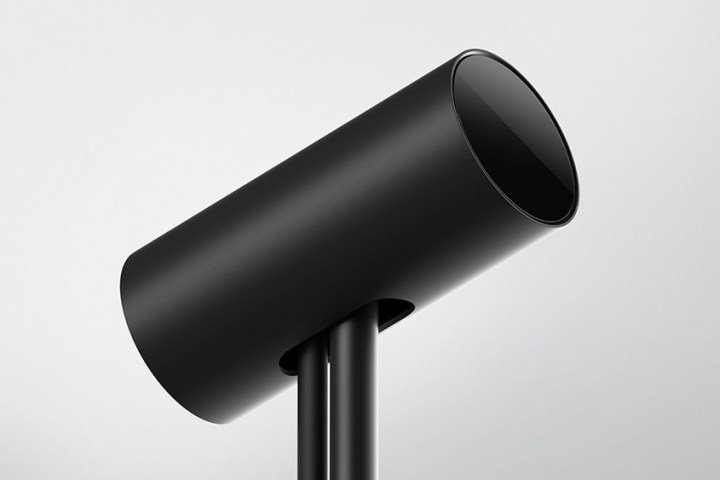
For its part, VR maker Oculus previously announced that its Rift VR system can support additional sensors, creating room-scale VR to go along with the experience while sitting and standing. A recent Oculus software update enables up to four sensors and matches the HTV Vive’s ability to track a person while walking around a room. Now, Oculus is putting in a third sensor, enabling room-scale VR, and currently available for pre-order, according to Tom’s Hardware.
Oculus previously put its new Touch controller package on sale, but that package only included two Touch controllers, a Rock Band controller connector, and a second sensor. The Rift VR itself comes with one sense, meaning that buying an Oculus Touch provides two-sensor tracking that’s capable of providing 360-degree tracking within a small space.
Now, Oculus is offering a standalone sensor for $80. This will provide for the kind of room-scale VR that users have been waiting for. The sensor comes with a five-meter cable that extends the sensor’s range, important because each Oculus Rift sensor needs a wired connection. This compares less favorably to the HTC Vive, which offers wireless sensors.
Oculus expects to ship both the Touch controller kit and the standalone sensor on December 6, meaning users will be able to start enjoying room-scale VR experiences well before the holidays begin. Note that the Oculus Touch controller kit runs $200, for a total of $280 to expand the environments that can be explored with the Oculus Rift.
Editors' Recommendations
- How to build a cheap VR-ready PC
- The best VR-ready laptops you can buy right now
- Cost of Oculus Go stand-alone VR headset permanently slashed by $50
- Oculus Rift S gets a release date, pre-orders are now available


